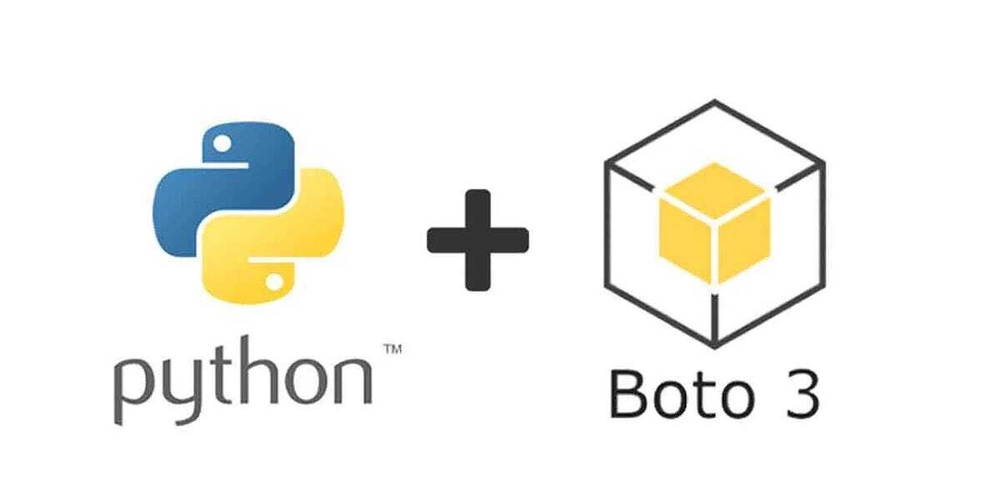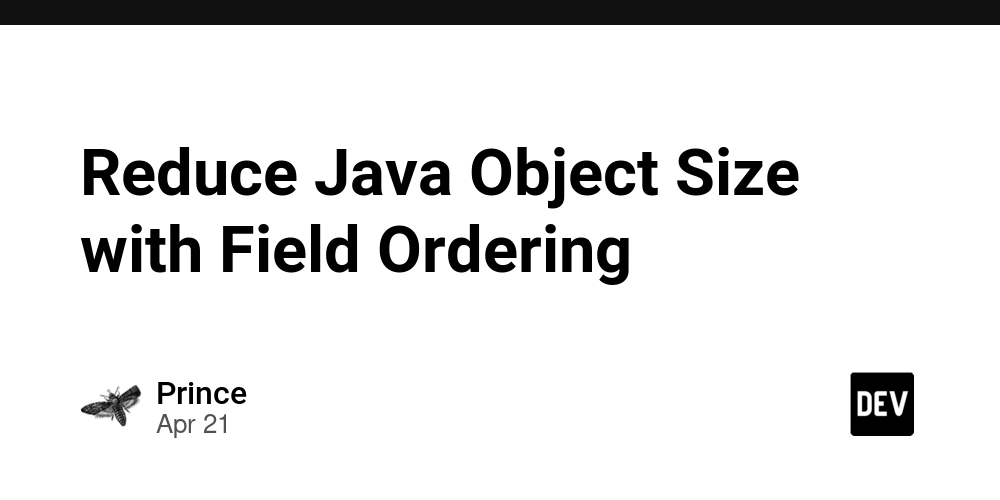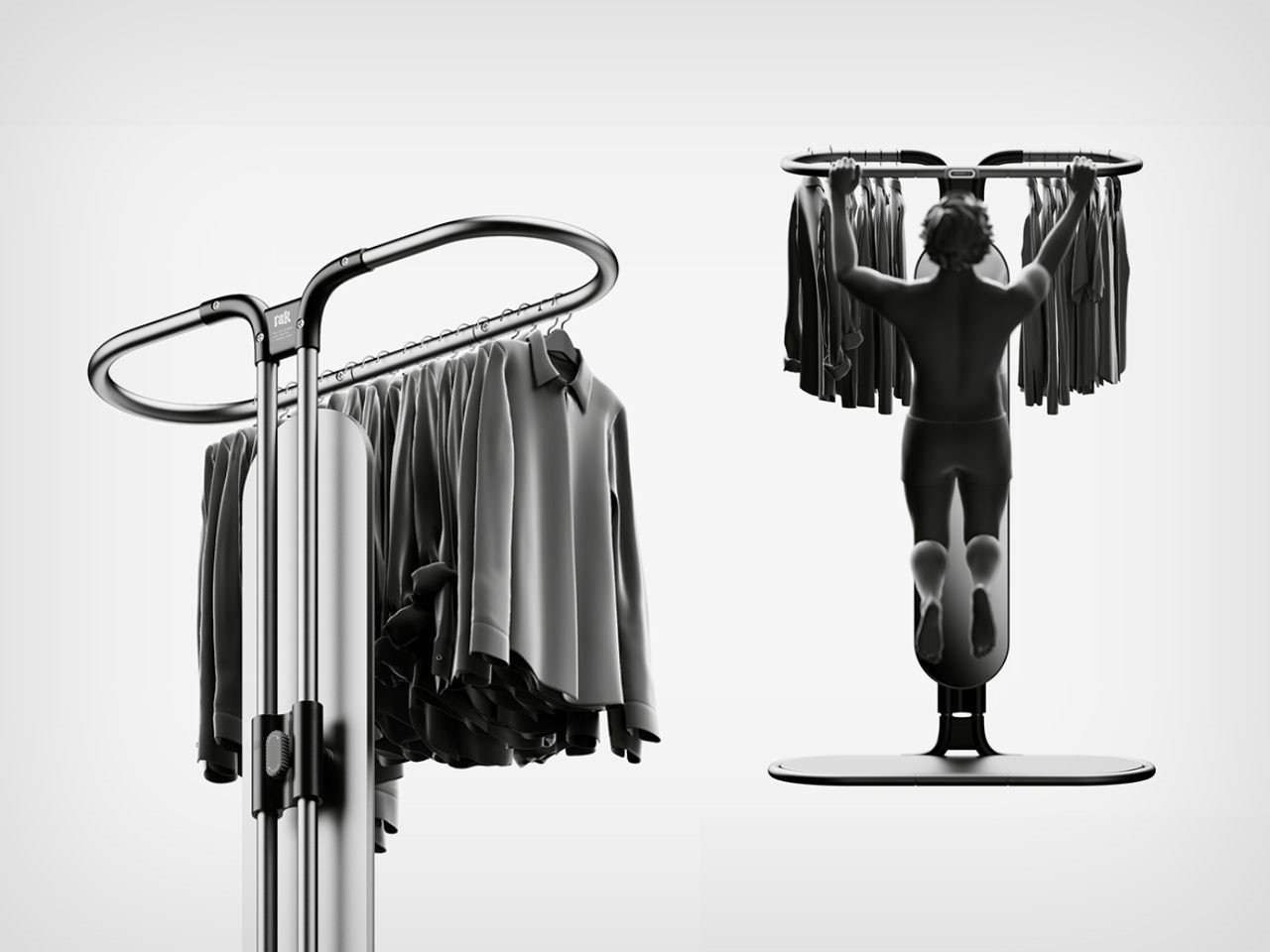Grover Norquist Can’t Believe What He’s Hearing
Is the GOP about to raise taxes?

Republicans are considering a tax hike on the wealthy, and Grover Norquist is beside himself. “It’s an incredibly destructive idea economically, and very foolish politically,” the longtime anti-tax activist told me this week. The concept was once unthinkable in the GOP, yet many Republicans are signaling that the party might just break the first commandment of conservative politics.
Norquist’s opinion used to matter in the Republican Party. Maybe it still does. Before President Donald Trump came along, Norquist was the nation’s most powerful enforcer of GOP orthodoxy, at least when it came to taxes. He is the keeper of the Pledge—the written vow taken by a large majority of Republican officeholders in state and federal government to never back a tax increase. For decades, whenever a GOP member of Congress so much as flirted with the idea, Norquist was there to remind them—and voters—of their promise, and the threat of electoral defeat if they broke it.
In Norquist’s telling, the Pledge has had a perfect record over the past 35 years. “In the House or the Senate, no Republican has voted for a rate increase since 1990,” he told me, referring to the year George H. W. Bush signed a bipartisan budget deal that reneged on his promise to eschew new taxes. But Trump, not Norquist, is now the heavy in GOP politics, and the president has discarded one Ronald Reagan–era shibboleth after another in his second term. Earlier this month, Trump reportedly told Republican senators that he’s open to the idea of letting taxes go up on the wealthy, in part to offset cuts for working-class Americans. Meanwhile, Trump’s tariffs, which the president has framed as a way to restore blue-collar manufacturing jobs, have perturbed the GOP’s free-traders, including Norquist, who for years has denounced tariffs as a levy on consumers.
More than in his first term, Trump seems open to proposals that match his populist rhetoric. “The reality is that the constituency and base of the Republican Party is shifting,” the GOP economist Oren Cass told me, “and there is rightly and deservedly much more focus on the concerns of working families and much less on what corporations and the highest-income households want.” He added, “We are definitely in a new world.”
Cass, a former adviser to Mitt Romney who founded the think tank American Compass, has denounced the GOP’s commitment to lower taxes no matter the fiscal or political cost, making himself a bête noire of Norquist’s. Their dispute is intensifying as Republicans in Congress negotiate legislation to extend Trump’s first-term cuts, which are set to expire at the end of the year. “As a matter of good economic policy, tax cuts are not getting the job done, and they haven’t for some time,” Cass said. Trump’s 2017 Tax Cuts and Jobs Act slashed rates across the board; the highest earners saw their income rate fall from 39.6 to 37 percent. “These were incredibly expensive,” Cass said. “They certainly do not pay for themselves, and they do not provide the sort of investment incentives and, therefore, growth that their supporters want them to have.”
To Norquist, Cass’s critique is blasphemy. Raising taxes on the rich, he told me, is for Democrats. And, as Norquist was quick to note, Trump has repeatedly promised to make permanent his 2017 tax cuts, including those for the top income bracket. “The president campaigned on not doing this. The lady running against him campaigned on doing this,” Norquist said. “I don’t think that Trump is going to adopt Kamala Harris’s policies at this point.”
GOP leaders in Congress don’t love the proposal either, but they haven’t ruled it out. The party is struggling with the enormous cost of extending the tax cuts—which would add about $5 trillion to federal deficits over the next decade—while also fulfilling Trump’s promises to erase taxes on tips, overtime work, and seniors’ Social Security benefits. Some in the party don’t want to pay for any of it and have proposed just adding the tally to the nation’s already enormous tab. Cass called that idea “pathetic, embarrassing, and outright cheating.” He and other conservatives would rather cover the cost by reducing spending, but even the most aggressive proposals would cover only a fraction of the tax cuts.
[Read: Trump passed the tax cuts. Now he’s undermining them.]
That’s where soaking the rich comes in. Late last month, a senior White House official told Axios that the administration was considering a hike on top earners to offset the cost of eliminating taxes on tips. And in the House, Republicans are reportedly drafting a proposal that would create a separate income bracket for millionaires. Either plan would make Trump’s “one big beautiful bill” at least slightly more palatable to the GOP’s deficit hawks, and they could help Republicans blunt accusations from Democrats that they are the party of billionaires and big business.
That these ideas are even being considered seems to represent a significant concession by some top Republicans: At least for now, Democrats have won the argument over taxing the rich. Polls have repeatedly found strong public support for raising taxes on the wealthy and on corporations. Even Norquist framed his opposition not as a defense of the rich but as a way to protect small-business owners, many of whom file taxes as individuals. “It is a declaration of war on Main Street, not Wall Street,” he said. “The idiot staffers at the White House don’t know any economics. They think that only high-income individuals pay that rate.”
Norquist blames the GOP’s swerve in part on Cass, who Norquist said has talked privately about advising Vice President J. D. Vance. (“I don’t comment on private conversations with policy makers at any level in either party,” Cass told me.)
Steve Bannon, the first-term Trump strategist, has also publicly advocated for raising taxes on the wealthy. “At some point, you have to make changes,” Bannon told me, “and those changes are to not extend the tax cuts for the upper bracket.” He said that because major spending cuts “are not on the horizon,” raising taxes is the only way to accomplish the Trump administration’s goal of reducing the deficit. “Grover Norquist and that crowd are lazy, and they’re arrogant,” Bannon said, “and they refuse to look at the reality of the situation we’re in.”
Norquist, for his part, thinks that Bannon is jeopardizing Trump’s legacy. For years, Norquist has cited the first President Bush’s about-face on tax hikes—Bush had pledged, “Read my lips: No new taxes” as a candidate—as a cautionary tale for Republicans. “His tombstone doesn’t say, Won Cold War. It says, Lied and Raised Taxes,” Norquist told me. Trump, he said, won’t “allow Mr. Bannon to stick that on him like a tattoo.” (As it happens, Bush’s tombstone doesn’t have an epitaph, but his New York Times obituary describes his role in ending the Cold War well before it notes that he increased taxes.) Bannon wasn’t particularly worried: “The times are totally different. What century is he living in?” he said. “His tax pledge is irrelevant. He doesn’t move anything in this city.”
Like Trump, Norquist has a tendency to exaggerate. Although it’s true that Republicans have not expressly voted to raise taxes in decades, dozens of GOP lawmakers backed legislation in 2013 that allowed taxes to go up for individuals earning more than $400,000 a year. That deal, however, emerged from negotiations with a Democratic president, Barack Obama; Republicans are now considering a similar policy when they control the White House and both chambers of Congress.
[Read: The case for a millionaire tax]
Trump 2.0 has not been all bad for Norquist. The man most famous for saying that he wanted to make the government small enough to “drown it in the bathtub” has seen Trump slash the federal bureaucracy faster than any president in history. But reducing spending has never animated Norquist as much as cutting taxes. The coming months will test his assumptions about the political risk of raising them, and determine whether he retains enough clout to deter Republicans. “This is not going to happen,” he assured me. “I’m talking to everybody.” Before and after my conversation with Norquist, his spokesperson pointed me to statements from Newt Gingrich, Larry Kudlow, a coalition of 90 trade associations, and others opposing a tax hike.
But Norquist knows that the Republican whose opinion matters most is Trump. If the president wants to shift the party’s position on taxes, as he has on tariffs, Norquist will likely be powerless to stop him. To that end, he wouldn’t say whether he and the organization he founded, Americans for Tax Reform, would lobby against a bill that includes a rate increase for the wealthy. When I asked whether he could get Republicans in Congress to oppose Trump if he pushed the idea, Norquist was similarly equivocal. “I don’t think it comes to that,” he replied. I couldn’t tell whether he was making a prediction or a wish.








































































